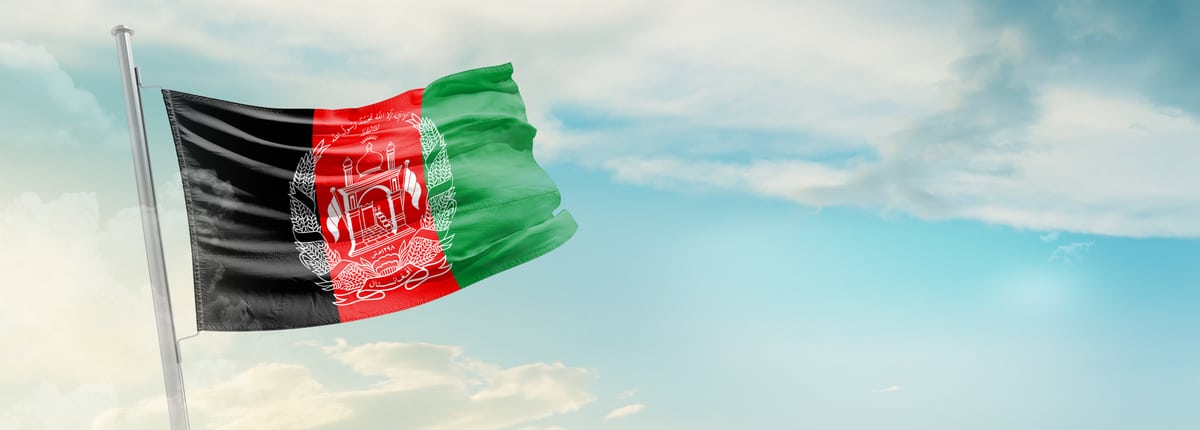The Department has ceased its evacuation operations at Hamid Karzai International Airport in Kabul. Australians who remain in Afghanistan should be aware of the potential for violence and security threats with large crowds, including an ongoing and very high threat of terrorist attack.
The Government is working to ensure that visa options continue to be available to Afghan nationals, both within Afghanistan and those displaced from their home country, through Australia’s long-standing Humanitarian and Migration Programs. If you are in Afghanistan, or you are an Afghan national, and need to enquire about a visa or citizenship application contact +61 2 6196 0196.
Afghan nationals outside Australia
Australian citizens in Afghanistan
Australians in need of consular assistance should contact the 24 hour Consular Emergency Centre on +61 2 6261 3305 (outside Australia) or 1300 555 135 (in Australia). Our ability to provide consular assistance in Afghanistan is limited.
Australian citizens, permanent residents and their immediate families should register with DFAT.
Refer to Smartraveller for updates, stay contactable and keep your travel documents with you.
Afghan nationals in Australia
Afghan visa holders currently in Australia will not be asked to return to Afghanistan while their security is at risk. Afghan citizens currently in Australia on temporary visas will be supported by the Australian Government.
Afghan citizens who meet the requirements for a humanitarian visa and wish to seek Australia’s assistance are strongly encouraged to make an application. Information on the process and visa program is available at Refugee and humanitarian visa options.
Family reunion
Humanitarian Program
Australia’s Special Humanitarian Program reunites refugees and their family in Australia. Immediate family of people who have been resettled under the Humanitarian Program are given highest priority. All applications must meet eligibility criteria.
Temporary Protection Visa (TPV) /Safe Haven Enterprise Visa (SHEV) visa holders
TPV and SHEV holders are not eligible to propose relatives through the Humanitarian Program. This is in line with the Government’s Operation Sovereign Borders policy, that no one who comes to Australia illegally by boat will settle here – established to safeguard vulnerable people from exploitation by people smugglers, prevent the loss of life at sea, and ensure the integrity of Australia’s borders.
Visa scams
Don’t be scammed, the Department of Home Affairs does not charge a fee to fast-track a humanitarian visa.
There are registered migration agents and legal practitioners who work for non-commercial organisations in Australia that do not charge a fee for their services.
Click on the ‘Non-commercial organisation’ box if you require a service that does not charge a fee: Search for registered migration agents



